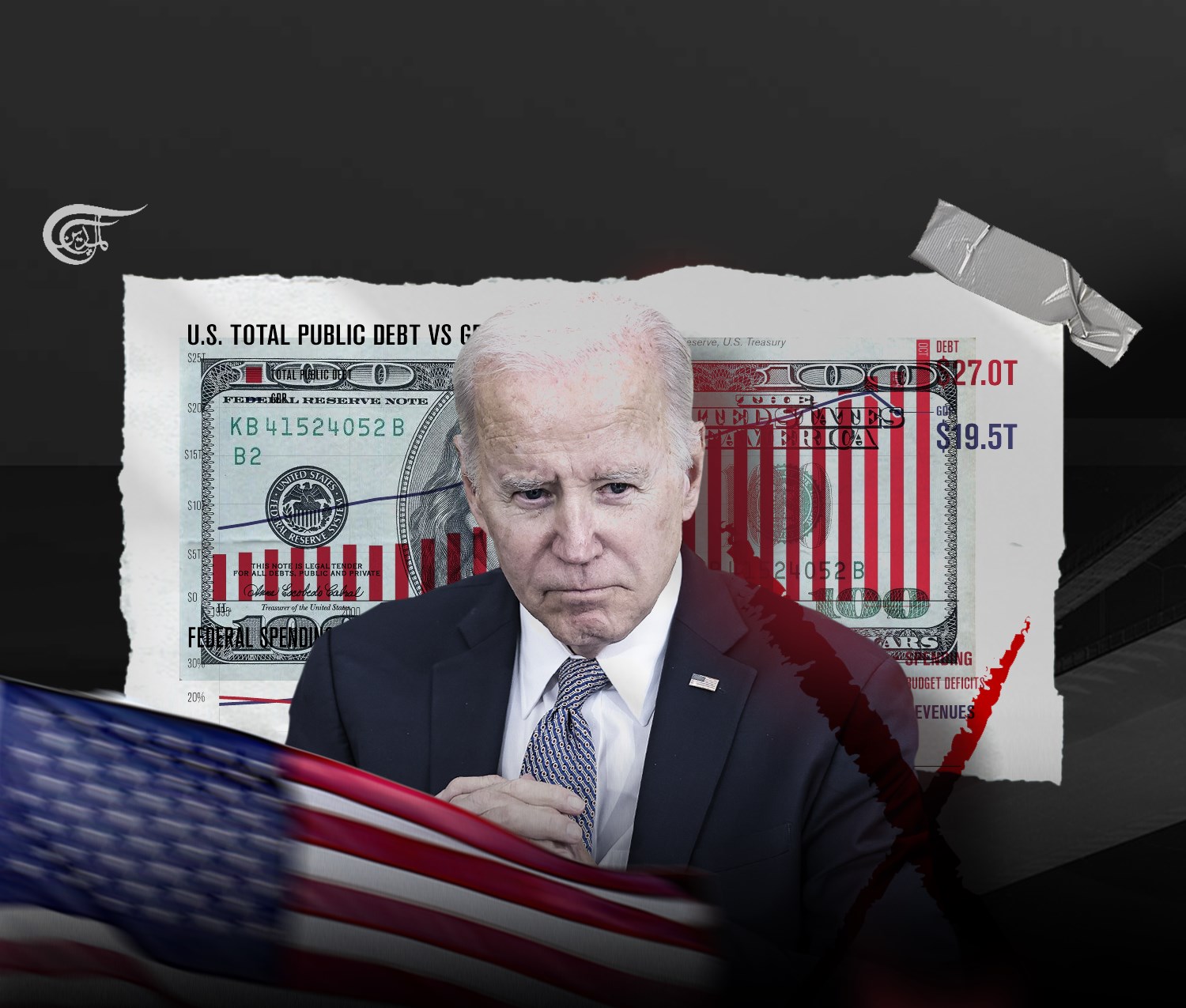America’s constitutional crisis is here to stay
Reluctance to reform years of political infighting over the public debt has drawn significant volatility to an ailing US economy.
If the end goal of the Biden presidency was to demonstrate a capacity for a future financial default in the US, it appears to be progressing well. “We’re going to get started, solve all the world’s problems,” alleged Biden at the start of high-stakes talks with key Republican leaders that ended up escalating a “debt-limit” battle on Capitol Hill.
A deeply divided US Congress is struggling to reckon with its biggest debt-limit battle in years, while the Biden administration is wrestling hard for a legislative compromise that lifts the government's $31.4 trillion debt ceiling and saves the country from a crippling default. Will a quick-fix compromise, negotiated in the heat of the moment, prove enough?
From US Treasury Secretary Janet Yellen’s standpoint, a breakthrough in talks is critical to averting a full-blown “constitutional crisis” in the country, shattering the myth of America’s robust economic armor in the face of domestic political headwinds. But increased likelihoods of similar gridlocks facing the United States in the future, coupled with rapid polarization over spending cuts and recession management, suggest America’s much-feared constitutional crisis is already afoot.
Regardless of the outcome of Biden’s fraught debt-ceiling negotiations with Republican leaders, it is a fact that hardened attitudes toward spending cuts have raised the possibility of future default risks. His opponents are keen to use a yawning budget deficit as bargaining leverage to downsize Biden’s signature social security initiatives in due course, underlining the sheer incompetence of the ruling elite to unite behind national stability. Competing motivations to engage in default aversion make it difficult for any last-minute deal to put market fears to rest, let alone dampen economic shocks as witnessed back in 2011. More than a decade later, hawkish American legislators ensure that little has changed.
The Biden administration’s added preference for controversial 14th Amendment powers – effectively rendering public debt unquestionable – exposes the limits of trusting Congress to converge in the interests of the American economy. What a sight. Even a whiff of untested emergency powers could risk introducing an ominous precedent, where future debt standoffs are resolved through presidential unilateralism, as opposed to closing ranks in Congress and averting a future “constitutional crisis” head-on.
Fierce wrangling over borrowing limits has also exposed the shambolic state of democracy in modern America. For instance, the Biden administration’s preferred clause under the 14th Amendment has its roots in America’s 1861-1865 Civil War, a period that justified public debt accumulation in the interests of slavery and years of violent industrial warfare. More than a century and a half later, preference for such a clause reveals peak economic ignorance in a nation that prides itself on evolving constitutionally. Moreover, by banking on primitive levers of control – in defiance of Congress – the Biden administration lacks fundamental economic planning to offset future financial scares, let alone manage the current debt-ceiling stand-off decisively.
Whether Biden’s fraught talks with rival camps endure long-term, simply raising the debt ceiling is unlikely to fix major points of division that have intensified the months-long impasse. That includes a widening split within Congress to either treat the debt-ceiling issue and spending cuts as two separate issues or conflate them together to deny any “new movement” in the interests of the economy.
Reluctance to reform years of political infighting over the public debt has drawn significant volatility to an ailing US economy. For one, the American economy has emerged increasingly dependent on executive powers to justify trillions in excess debt, despite Biden’s debunked claims of narrowing down the American deficit. Secondly, legislators appear keen to routinely circumvent Congress through emergency approvals, and find it politically inopportune to endorse colossal budgets or cede ground that are resisted outside party lines.
Even today, a desire to either impose new borrowing measures or effect sweeping cuts in America is at the center of Congress’ growing inability to manage America’s debt-ceiling stand-off ahead of time. That is a compromising sight for scores of lawmakers in Congress who have positioned themselves as the custodians of US constitutional liberties and caretakers of its future.
Looking ahead, America’s chaotic debt-ceiling crisis casts a shadow over the Treasury’s status as being “risk-free” and exposes the vulnerability of the dollar as a dependable reserve currency in years ahead. It also makes certain that a widening negotiation gap between Democrats and Republicans is here to stay, and can cut through any amount of sound and fury about all lawmakers being on the same page at the end. Collectively, these considerations challenge America’s capacity to prevent any future debt-ceiling crisis from transpiring into a constitutional crisis.
Washington is fast falling short of options: limiting spending could constrain its ability to meet competing demands at home and overseas while accumulating colossal public debt risks pushing the economy to the brink of future constitutional crises. Thus, any last-minute truce will offer no consolation in a crisis that threatens to endure long-term.

 Hannan Hussain
Hannan Hussain
 5 Min Read
5 Min Read












